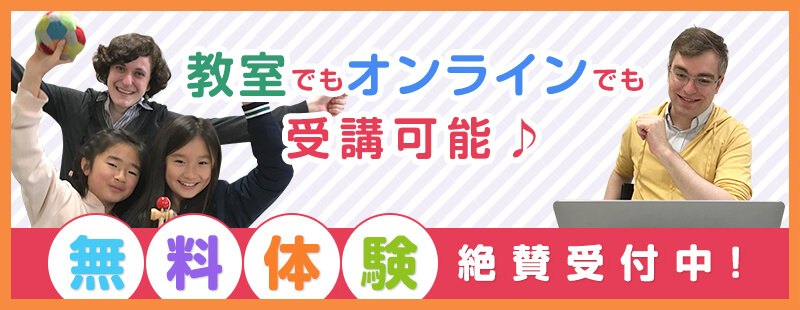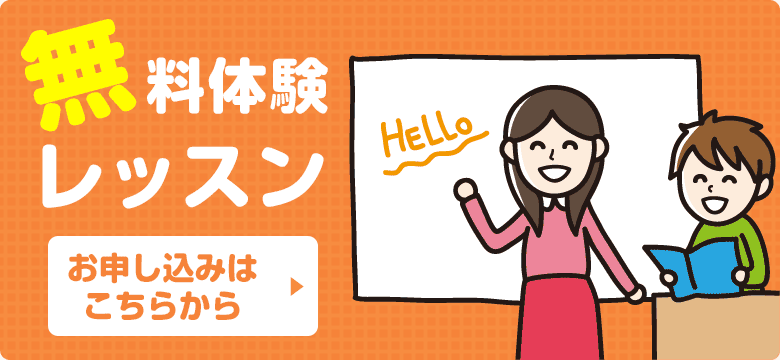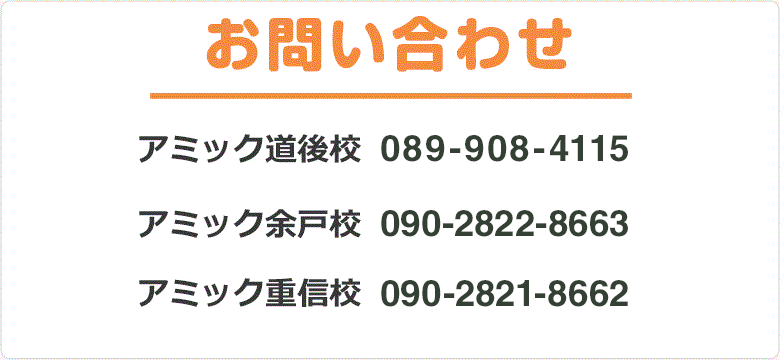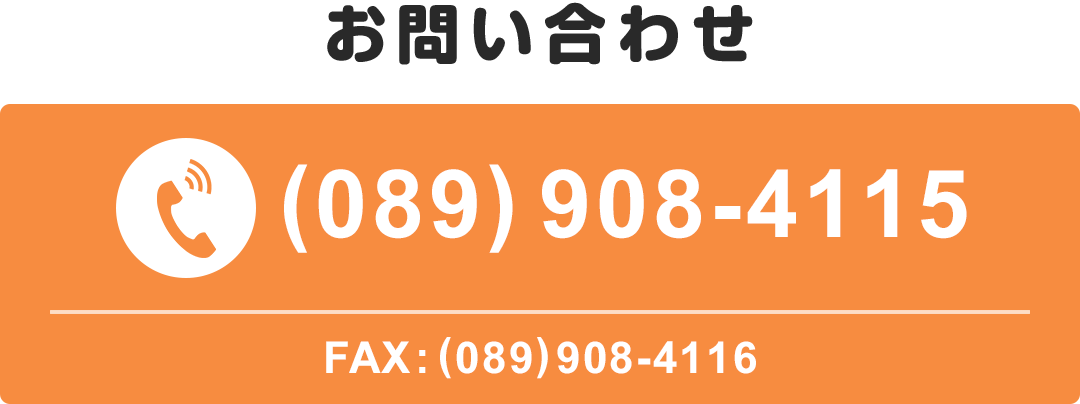英会話・英語 アミック Commonly Confused Words (part 3)
2017/07/29
7. leave, leaf
Sometimes students use the voiceless sound at the ends of words when they should really use the voiced sound. This can change the meaning of the word quite drastically! Some examples include:
leave /li:v/, leaf /li:f/
hard /hɑ:d/, heart /hɑ:t/
dug /dʌg/, duck /dʌk/
rise /raɪz/, rice /raɪs/
8. bow, bow, row, row, sow, sow
Although there is only one spelling pattern being used here, there are two different pronunciations and multiple meanings! The two pronunciations are /əʊ/ to rhyme with ‘oh’ and /aʊ/ to rhyme with ‘ow’.
bow /bəʊ/ – noun – ‘shoelaces tied in a bow’, ‘bow and arrow’
bow /baʊ/ – noun – the front of a ship
bow /baʊ/ – verb – ‘actors bow at the end of a play’
row /rəʊ/ – noun – ‘row of seats’, ‘columns and rows’
row /rəʊ/ – verb – ‘row a boat’
row /raʊ/ – noun – argument
row /raʊ/ – verb – to argue
sow /səʊ/ – verb – to plant seeds
sow /saʊ/ – noun – a female pig
9. bear, beer
These words all use diphthongs:
bear, bare /beə/ – this rhymes with ‘air’
beer /bɪə/ – this rhymes with ‘ear’
10. tough, though, through, thorough, thought
tough /tʌf/
though /ðəʊ/
through /θru:/
thorough /ˈθʌrə/
The above words all end in ‘ough’ but below is a very similar one ending in ‘ought’:
thought /θɔ:t/












